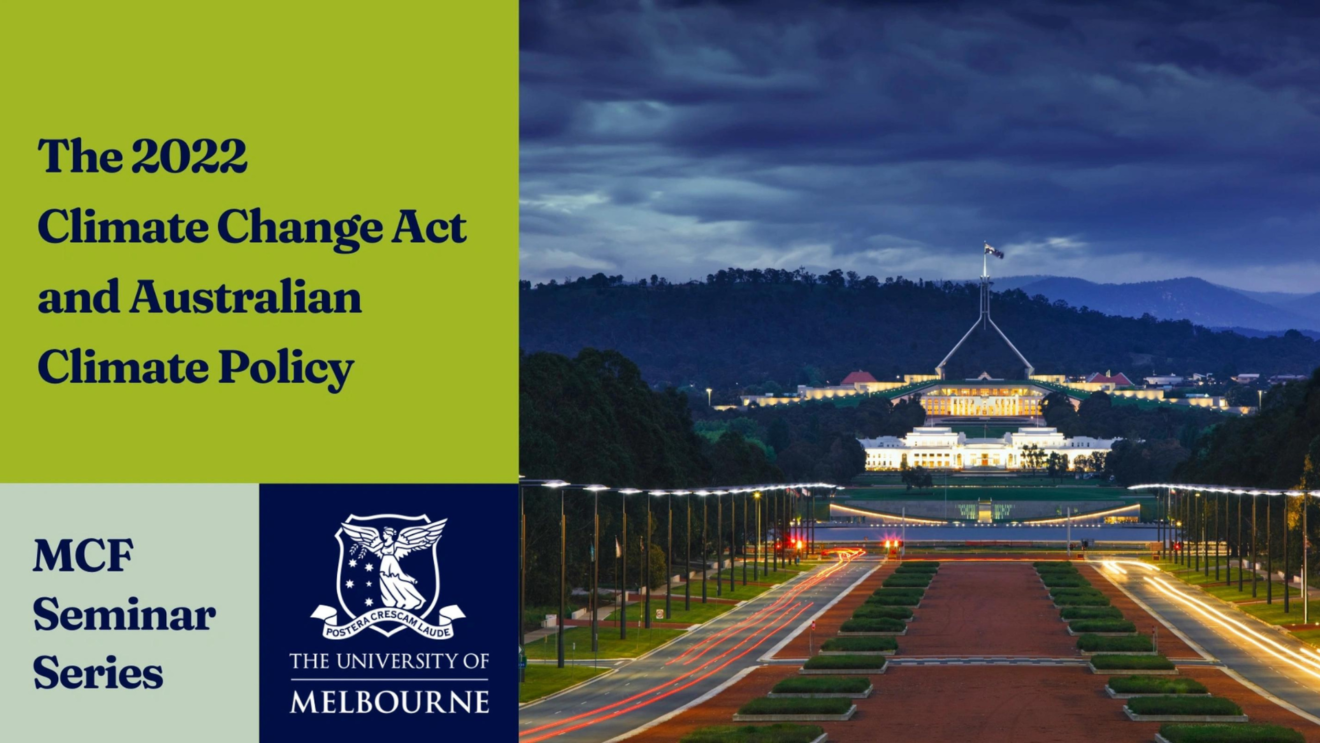


Australia has long been considered a climate laggard, presiding over a ‘lost decade’ of climate policy development. Yet, in 2022, the government passed the Climate Change Bill, indicating a possible change in the attention placed on climate change was afoot. Drawing on primary interviews with policymakers in Australia, policy documents, and a secondary data analysis, we seek to explore to what extent the Climate Change Bill has changed domestic climate policy, exploring the question of whether we might now consider it an emergent leader or persistent laggard.
James Jackson is an ESRC postdoctoral fellow at SCI, researching the politics of the electric vehicle transition and the intersection of fiscal, monetary and climate policy. Before beginning this position, his previous position examined how COVID-19 and the inflation caused by Russia’s invasion of Ukraine are affecting Net-Zero objectives in Australia, Canada and the UK. A joint project between the Sustainable Consumption Institute, the University of Manchester, the University of Melbourne and the University of Toronto, the research aims to quantify the impact of economic crises on decarbonising the economy and the implications for a just transition. James joined the institute after completing his PhD at the University of Sheffield and the Sheffield Political Economy Research Institute (SPERI) where his thesis analysed the politics of the electric vehicle transition in Germany and the UK. He has held visiting positions at the University of Bergen (2022) and the University of Toronto (2023).
William HopkinsonWilliam Hopkinson is a PhD Candidate at the School of Social and Political Sciences at the University of Melbourne. His substantive research interests include climate change politics, comparative politics, and set-theoretic methods. His PhD research focusses on domestic political processes and the enabling and constraining conditions that shape climate ambition and its change over time. His research aims to help scholars, policymakers, and activists better understand how to accelerate more ambitious climate action to meet international climate goals. William has a long-standing interest in multi-disciplinary climate approaches and is a member of a collaborative climate research project between the University of Manchester, the University of Melbourne, and the University of Toronto. He holds a Master of Geography from the University of Melbourne and a Master of International Politics from KU Leuven.